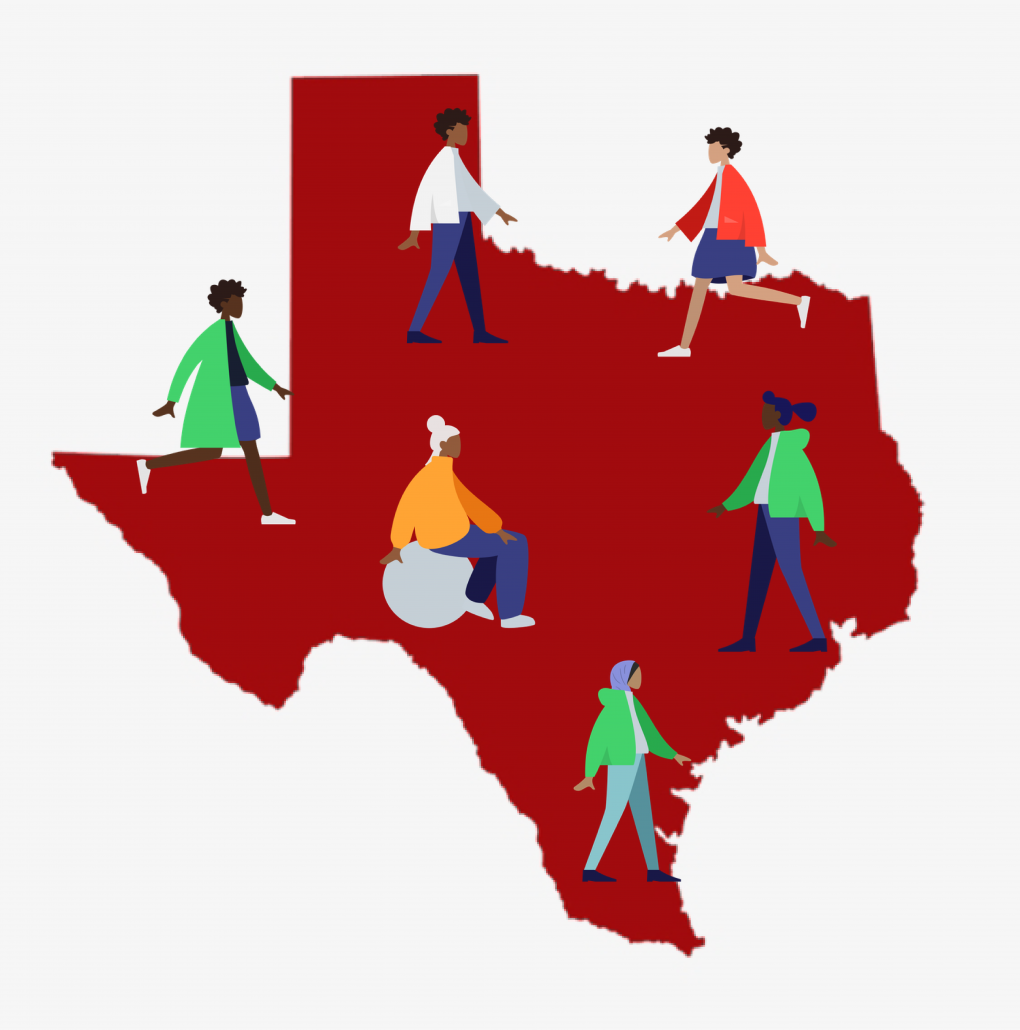Progress Without Profit: The power of Planned Parenthood
Usually known for delicious BBQ, vast ranches and its nickname as the Lone Star State, Texas can now claim notoriety as the state with one of the most restrictive abortion bans in the country.
Last week, Texas Gov. Greg Abbott signed into law a ban on most abortions past the sixth week of pregnancy. Specifically, the law bans abortions once cardiac activity occurs in the embryo. Keep in mind, this “cardiac activity” does not come from a true heartbeat but rather electrical activity since heart valves wouldn’t have formed yet in an embryo.
As a result of this new law, most people have two weeks after a missed period to confirm a pregnancy, decide to get an abortion and schedule it. Considering myself and countless others I know who often have irregular periods, someone is unlikely to realize in time they’ve missed a period. Abortion providers in Texas approximate that 85% of patients seeking abortion are at least six weeks pregnant, leaving many organizations forced to deny care under the new law. In a 5-4 vote, the Supreme Court refused to block the law.
I’m not here to argue about the issue of abortion itself, because the subject isn’t debatable. If abortion is against a person’s religious beliefs, they can choose not to get an abortion; however, they cannot force those beliefs onto other people. People should have the right to reproductive choice. End of discussion.
Instead, I want to focus on the Texas abortion law’s impact on Planned Parenthood. Specifically, I want to highlight the work the nonprofit does for immigrants and people of color.
After the Texas law passed, I worked through feelings of complete rage and despair, surprised that I was still surprised. Unfortunately, this isn’t the first, and certainly won’t be the last time people in power — specifically white men — endangered reproductive rights.
In 2019, President Trump announced his intention to defund organizations that provide abortion services, such as Planned Parenthood, and direct the money to religious based, anti-abortion groups. However, Planned Parenthood won’t go down without a fight, despite facing a conservatively-stacked court and an ambiguous law.
Nationwide, Planned Parenthood operates 820 health centers with sexual and reproductive care, education and information that benefits over five million people each year. Although conservatives associate the organization exclusively with abortion services, Planned Parenthood offers essential resources for overall health such as birth control, breast, cervical and testicular cancer screenings, prenatal care, treatment for sexually transmitted infections and sex education, among others. Any push to defund Planned Parenthood restricts life-saving medical interventions in addition to abortion.
These past few years, Planned Parenthood maintained a strong partnership with the Women’s March, despite the organization facing criticisms of anti-semitism and inadequate diversity. The absence of police riot gear and the accompanying label of the march as “peaceful” undoubtedly had less to do with the actions of the marchers and more to do with the privilege they receive from their skin color.
Understandably, this equates the clientele of Planned Parenthood to majority middle-to-upper class white women who adorn pink pussy hats, wear “I Stand With Planned Parenthood” pins and may lack knowledge of intersectionality. I want to debunk this misconception. Planned Parenthood provides essential services to millions of people who would otherwise not have health insurance — many of whom are immigrants and people of color.
Half of the 2.4 million people who depend on Planned Parenthood for healthcare use Medicaid. Additionally, about 54% of Planned Parenthood’s health centers are located in rural and medically underserved communities.
In a 2016 survey, 26% of clients at a Planned Parenthood site claimed it was the only place they could receive service. About 500,000 of Planned Parenthood patients are Latinx — making up nearly a quarter of patients — and 360,000 of annual patients are Black. Planned Parenthood’s contraceptive services prevent about 579,000 unintended pregnancies each year.
Compared to other providers such as health departments and federally qualified health centers, Planned Parenthood offers more same-day appointments and extended hours, which are especially important in Texas now because of the small window to obtain an abortion. Additionally, centers offer on-site prescriptions, allowing women to avoid a trip to a separate pharmacy. This is critical for patients who cannot afford to take time off work.
Anti-abortion groups specifically target groups across race and class lines. In Texas, middle and high-income people can take time off work and travel out of state for abortions, leaving low-income people disproportiontely impacted by the new law.
After the law passed, Planned Parenthood clinics in Texas entered panic mode. Centers overflowed, and 70% of the women who called in seeking abortion care this past week were turned away. Planned Parenthood will fight these laws and operate as best they can under their new restrictions. For example, Planned Parenthood affiliates won a court battle that protects their employees from lawsuits under the new law.
Lawmakers specifically targeting abortion are only putting the first hammer to the wall; with enough hits, the protections for overall reproductive health will come tumbling down in a cloud of dust. As only one of the first lines of defense in ensuring the right to overall health and reproductive choices, Planned Parenthood cannot stand alone. Knowing the organization’s importance and the foundations of bodily autonomy at stake, we must support them and our right to choose.
Sophie Roppe is a senior writing about nonprofit organizations and social justice. Her column, “Progress Without Profit,” runs every other Monday.


